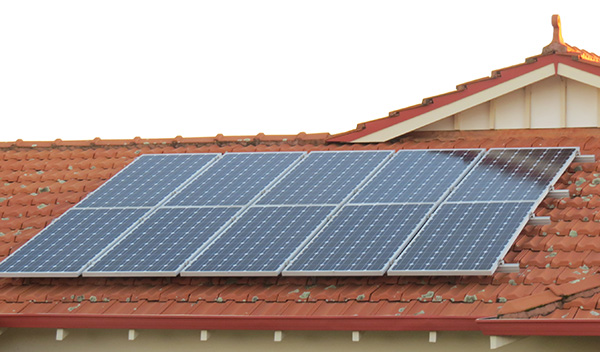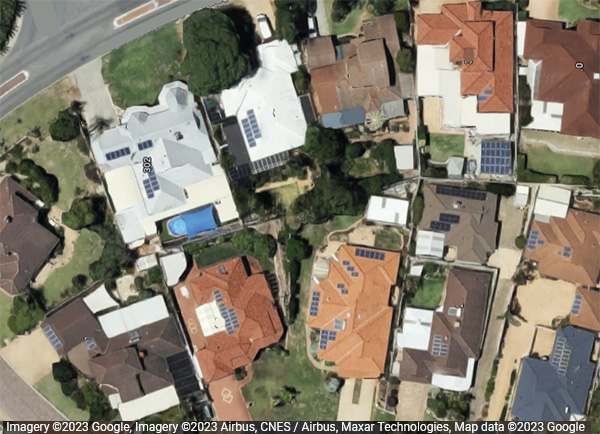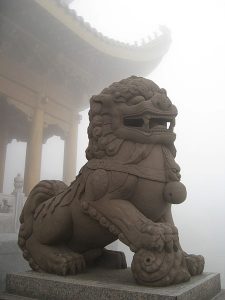Soon we may have hackable transmitters and receivers on every roof…
When storms hit Adelaide last November the first thing the AEMO did was ask people to switch off their own solar panels so they didn’t swamp and crash the fragile wounded grid. Some 400MW of rooftop PV was also remotely shut down through the combination of smart inverters and voltage controls. Imagine if a foreign power could launch a cyber attack — one that switched a large energy source on or off at the wrong moment?
Last year “a hacker gained access to PV systems in the Netherlands that were operated via a monitoring tool from China’s Solarman“. That meant a Dutch government agency was suddenly called on to investigate and report on the risks. According to PV magazine:
“The hacker was able to view the personal data of Dutch customers, create new customers and delete existing users,” reported Tweakers. “He was also able to find out how much electricity customers’ solar panels generate via GPS coordinates, and download, adjust and upload inverter firmware.”
In May this year a report by the Dutch National Digital Infrastructure Inspectorate (RDI) found that many inverters didn’t comply with requirements and could cause interference with other electrical equipment — indeed five of the nine inverters they tested may cause interference, and nine out of nine were judged to be “noncompliant”. InnovationsOrigins.com reports that “radio or wireless tags to open doors, could be affected and possibly function less well or not at all. Even aviation and shipping may be affected.” Really?
Really serious’ problems cybersecurity breaches pose in Australia’s DER near future
Bella Peacock, PV Magazine, June 27th
“In about two to three years I think there will be a critical mass [of controllable systems].” If Australia roughly installs around 350,000 rooftop solar systems per year, depending on how many states introduce control mandates, this could see Australia have anywhere from 750,000 to over a million controllable systems installed within three years. “So we are talking about a massive increase in controlled devices just looking purely at solar,” [Wattwatcher’s Chief Innovation Officer, Grace Young,] said.
Cyber attacks could even go unnoticed
The Australian Energy Market Operator (AEMO) has pointed out that cyberattacks in the DER space could easily go unnoticed (See the ProjectEdge Report on cyber security.) Malicious interests could also gain access to market information that they could profit from. And as it happens, two of Australia’s major energy Gentailers are owned by Chinese firms — Alinta Energy (Chow Tai Fook Enterprises) and Energy Australia (China Light and Power Company).
We banned the phones but will allow the transmitters on millions of homes…
China’s spy threat to our solar energy grid
Cameron Stewart, The Australian
“If companies like Huawei are not safe to be the backbone of our telecommunications network then they can hardly be safe as the backbone of our new electricity grid,” Senator Paterson told The Australian. “Yet that’s exactly what’s happening under the Albanese government’s rush to renewables with no cyber security mitigations.”
“We cannot afford for our electricity grid to be riddled with exploitable cyber security vulnerabilities in the most dangerous strategic environment since World War II. We know that critical infrastructure networks like power are of great interest to signals intelligence agencies in foreign authoritarian states, including China.”
It has been done before…
Energy systems, and especially electricity grids, have increasingly been a target in global conflicts, with Russian-affiliated groups launching cyber attacks on energy utilities in Ukraine and in other NATO countries since Russia‘s invasion of Ukraine.
Imagine the power to randomly annoy people with intermittent, hard to detect problems, that drain productivity, or profits, or freeze our smelter pot lines, or increase profits of some companies while making others less competitive. It may not look like an act of war, but in a death by a thousands cuts, it might send companies and events looking for better, more reliable energy in a foreign land, or increase bankruptcies. It might hamper national productivity or come at the worst possible moment.


